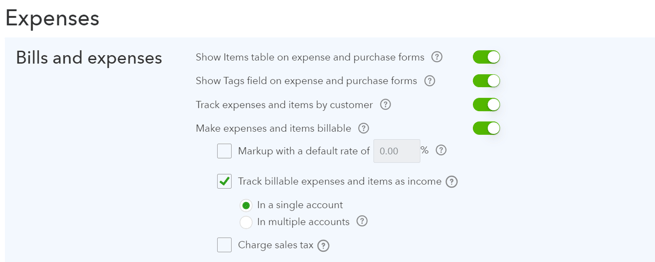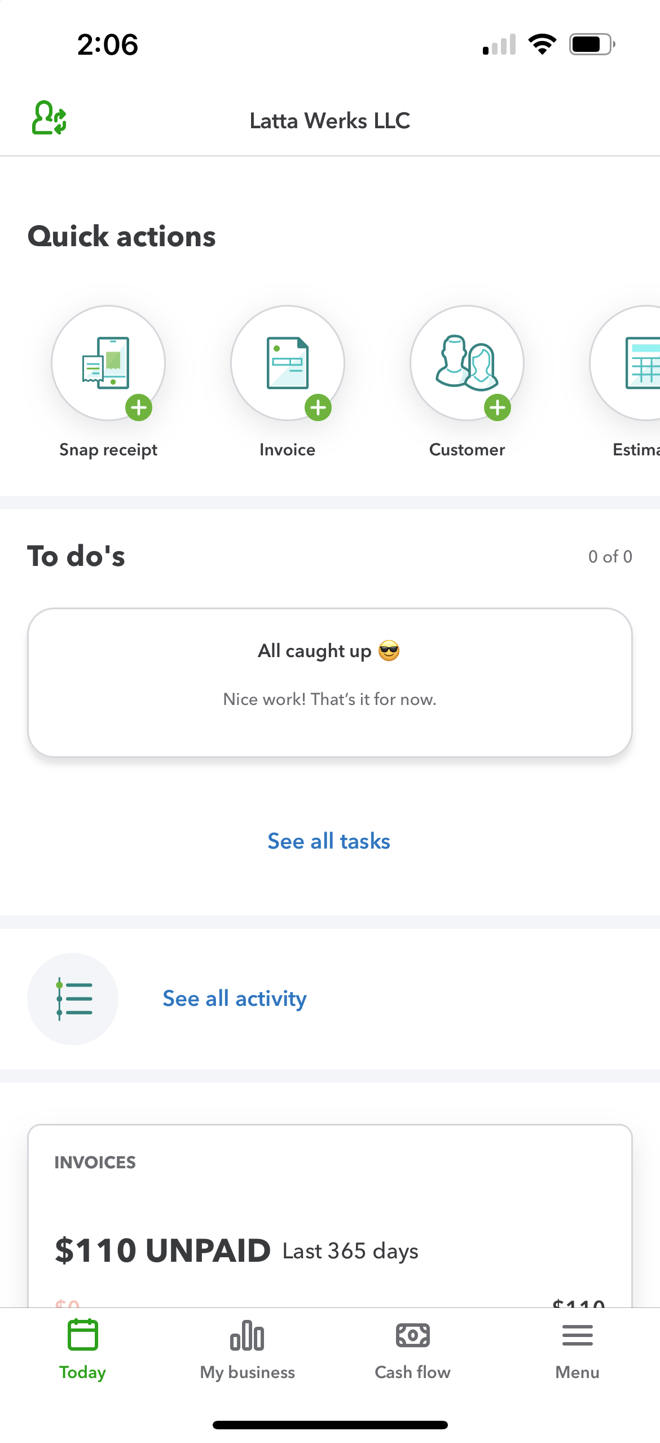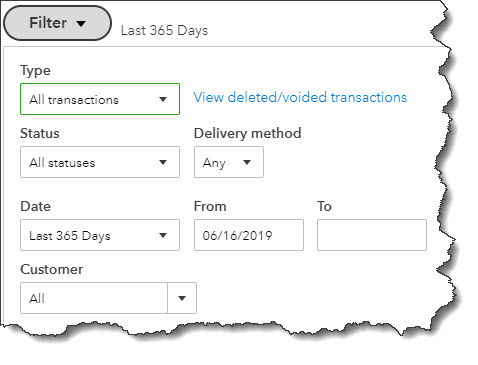2 min read
How to Create and Use Vendor Records in QuickBooks Online
.png) The Kaizen Team
:
· May 14, 2020
The Kaizen Team
:
· May 14, 2020

Keeping your supplies coming in can be challenging at times. Be sure you know your vendors and track their records carefully.
Your company counts on its supply chains to keep operations running smoothly. When it falters, you can have trouble creating and shipping products. Problems may even crop up that have a negative effect on your internal business needs.
It's important to carefully track your income and expenses, and we hope you're using QuickBooks to do so. Among the software's financial management tools is the ability to maintain thorough records of those vendors that make up your supply chain. Let's take a look at how this works.
Creating Vendor Records
We'll go through the steps for creating vendor records, though you may have at least started on these already. Hover your mouse over Expenses in the toolbar and select Vendors. If you've already added some, you'll see them in a list. To create a new one, click New Vendor in the upper right. Most of the form is easy to complete; it's primarily contact information.
There are a few fields, though, that need special attention. These are:
- Cost rate/hr and Billing rate/hr. These help you track time costs for your projects. Don't enter anything here if you pay vendors via bills or expenses.
- Terms. Due on receipt? 15 days? 30 days?
- Account no. and Business ID No. You should have these on file.
- Track payments for 1099. Put a check in this box for any 1099 contractors.
When you're done, click Save. This vendor will now appear in your list.
Taking Action
You can do a lot of your work directly from QuickBooks' Vendors page. This screen displays a list of all of your vendors, along with columns for their Phone, Email, and Open Balance. At the end of each row is an Action column. The link there reads either Create bill or Make payment, depending on whether there is an outstanding balance.
Click on the down arrow in that column to open a list of additional options. If there is a zero balance, you can Create expense, Write check, Create purchase order, or Make inactive. If money is due, your options are to Create bill or Create expense. Icons in the upper right allow you to print the list, export it to Excel, or change the column settings.
Collecting your Billables
Before we look at vendor records in QuickBooks, we'd like you to check a couple of settings to make sure you're billing your customers for every expense they incur with you. Click the gear icon in the upper right corner and select Your Company | Account and Settings, then click on Expense. Among others, you'll see these options:

To add a Customer column to expense and purchase forms, click in the first box pictured in the image above. To Make expenses and items billable, click in the second box and add a default markup rate if you want. Do you want to Track billable expenses and items as income? If you're not sure, ask us. And if you've set up sales tax in QuickBooks and want to add that to billable items, check that box, too. When you've finished with these and the other questions under Bills and expenses, click Save.
Now is the time to focus on the importance of cash flow and vendor relationships by maintaining good vendor payable records . You want to keep your relationships with your suppliers in good status. If you're having trouble tracking cash flow or dealing with any other element of your accounting (or QuickBooks itself), please do contact us. We want to support you through this difficult period as much as we can.

Navigate QuickBooks Online Mobile App: Essential Tools and Tips



